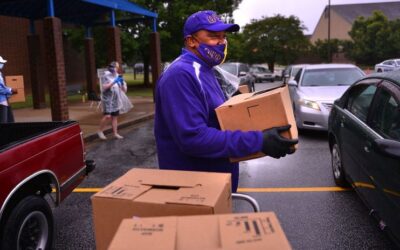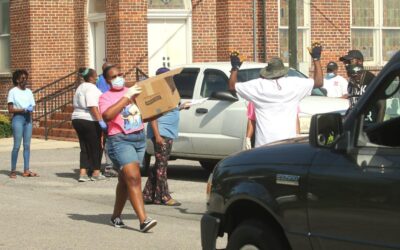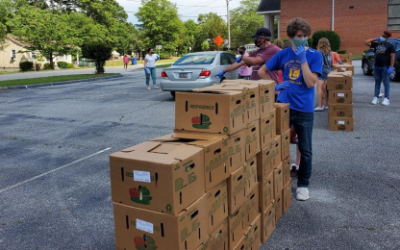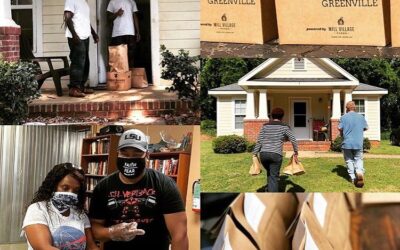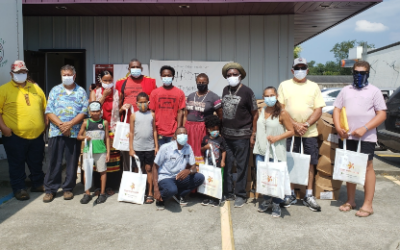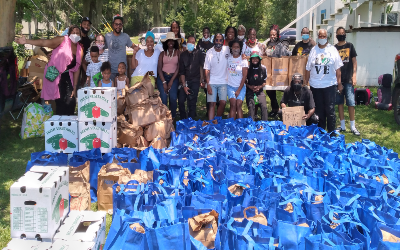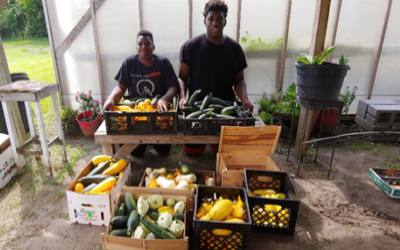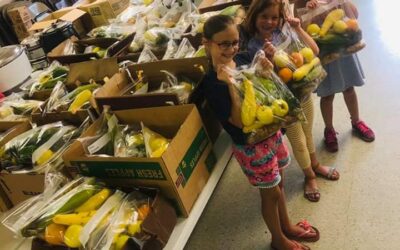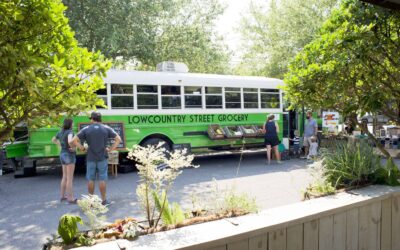Volunteers joined Rep. Henderson-Myers and event organizers to hand out boxes and bags of produce and vouchers for $10 at the Hub City Farmers’ Market.
News
Pee Dee Farmers Market Helps Feed Mullins Community
The USDA classifies Mullins as a food desert, which means many families were already lacking access to fresh, healthy, and affordable foods, but COVID-19 made the situation worse.
National Action Network Chapter Focuses on 29203 Community in Columbia
In Columbia, the zip code 29203 is well-known for health disparities and inequities of all kinds.
Food Desert Neighborhoods in Greenville Impacted by COVID-19, Increased Food Insecurity
Believe it or not, food deserts do exist in urban areas. Why? Because all neighborhoods in cities are not equal.
American Indian Organization Helps Western Orangeburg County Get Food
Do you think you would have a tough time finding food to feed your family with only one grocery store available AND during a crisis?
St. Helena Island Group Hosts Juneteenth Food Giveaway Event
When COVID-19 hit, Gullah Geechee organizations came to the rescue of those in need of food due to unemployment, school closures, and other causes of food insecurity.
Gullah Geechee Partners Prepare and Deliver Hot Meals During Pandemic
The Gullah Geechee people aren’t strangers to living off the land and consuming fresh, locally grown produce.
Colleton County Community Comes Together to Feed Residents Facing Food Insecurity
Christian-based organizations across the state have stepped up their mission-driven work to help their communities in times of crisis.
Lowcountry Street Grocery Turns to Partners to Reach Homebound
Food deserts can be found almost anywhere in South Carolina, including popular metropolitan areas like North Charleston.

